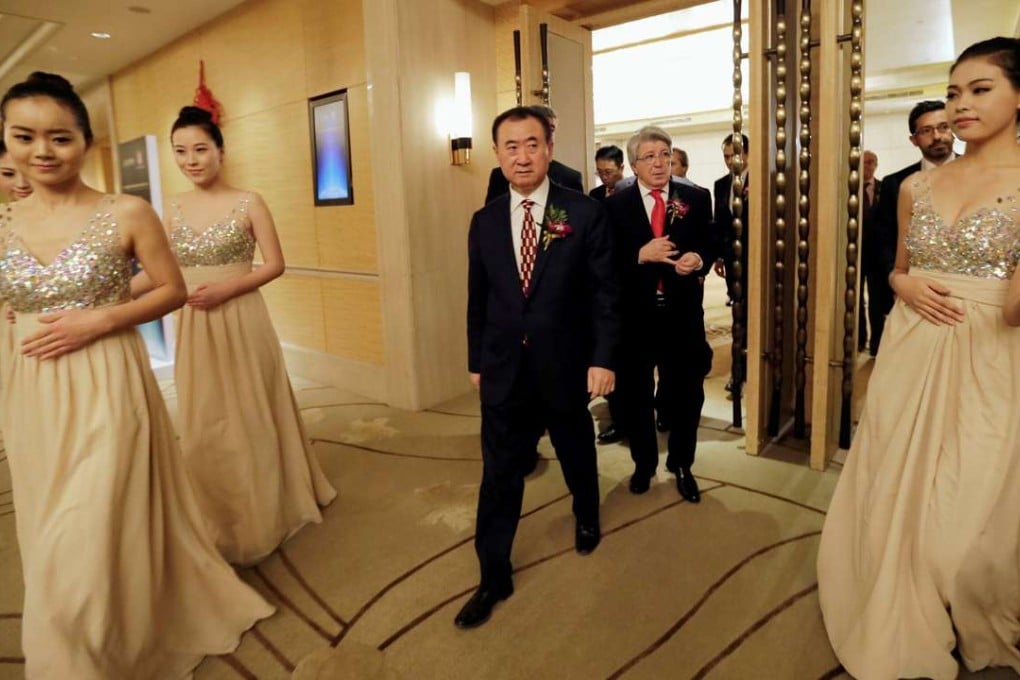Analysis | Is ruined Dick Clark deal the beginning of the end of China’s Hollywood buying binge?
Wanda’s latest plan for big-screen glory is in tatters. Some suggest a lack of cash, or Trump’s anti-Chinese rhetoric, while others insist it’s more to do with Chinese government pressure to cut back on excessive foreign buying

China’s tightening capital controls and the increasingly protectionist tone of Donald Trump’s administration may have combined to deal a blow to the shopping spree among Chinese companies for Hollywood assets.
Even Asia’s wealthiest man, Dalian Wanda’s Wang Jianlin, has not been spared, as his US$1 billion planned takeover of Dick Clark Productions (DCP) was abandoned last week, reported by many in the industry because of a simple inability to come up with the money to fund the transaction.
Anhui Xinke New Materials’ also failed to take over Voltage Pictures, the Hollywood studio behind blockbuster Dallas Buyers Club, for $350 million, while Shanghai Film Co and Huahua Media are said to be running into trouble sealing their US$1 billion joint deal with Paramount.
“If the purchaser is a high profile figure in China then the transaction is likely to attract a greater level of public scrutiny,” said Charles Butcher, partner with law firm Eversheds and an international M&A expert.
But even if the successful bidders are fortunate enough to get Beijing’s green light, they can then find it equally hard to get around roadblocks set up by Washington – particularly such prominent names as Wanda.